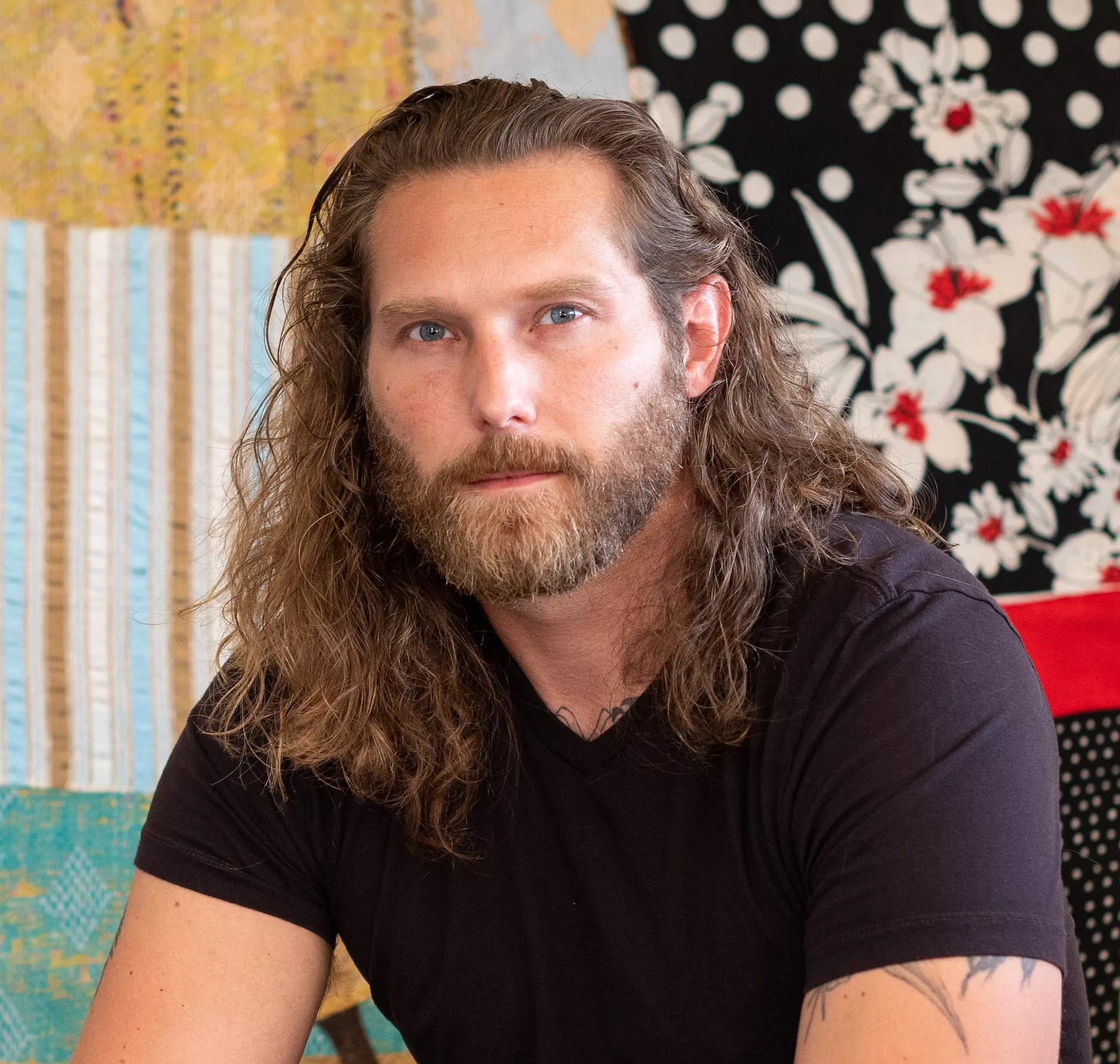Jesse Krimes is an artist whose work explores societal mechanisms of power and control with a focus on criminal and racial justice. While serving a six-year prison sentence he produced and smuggled out numerous bodies of work, established prison art programs, and co-created artist collectives. After his release, he co-founded Right of Return USA, supporting formerly incarcerated artists.
2023 Culture & Narrative Fellows Our Fellows
Jesse Krimes
J
e
s
s
e
K
r
i
m
e
s
(he/him)
About
A
b
o
u
t


